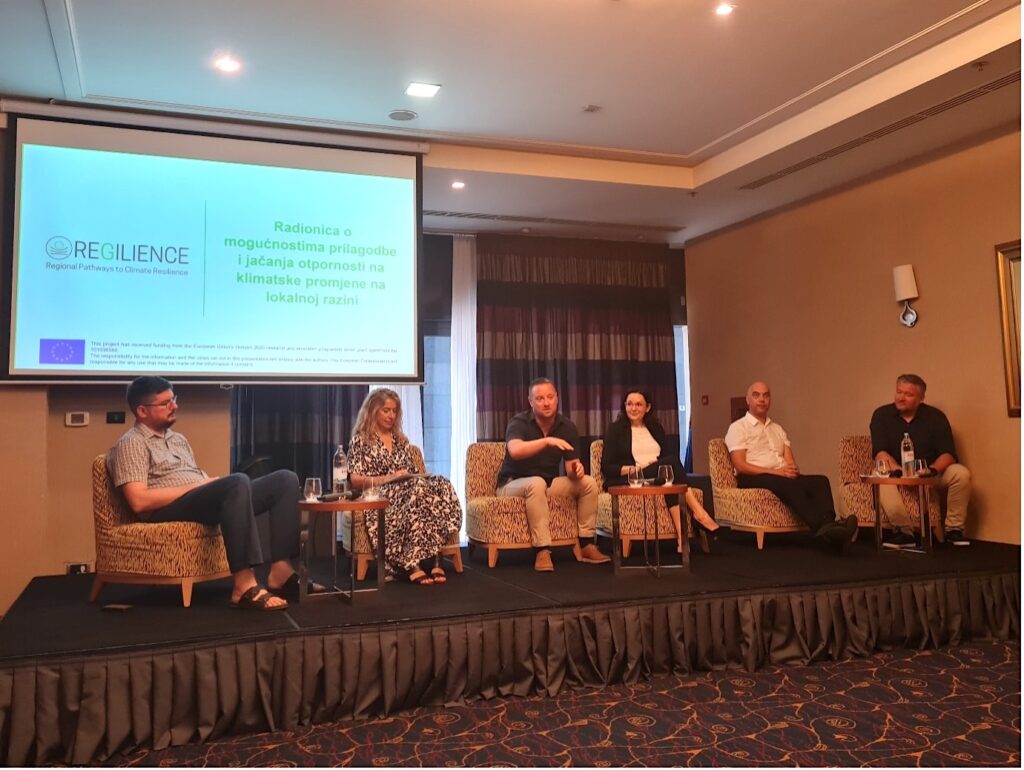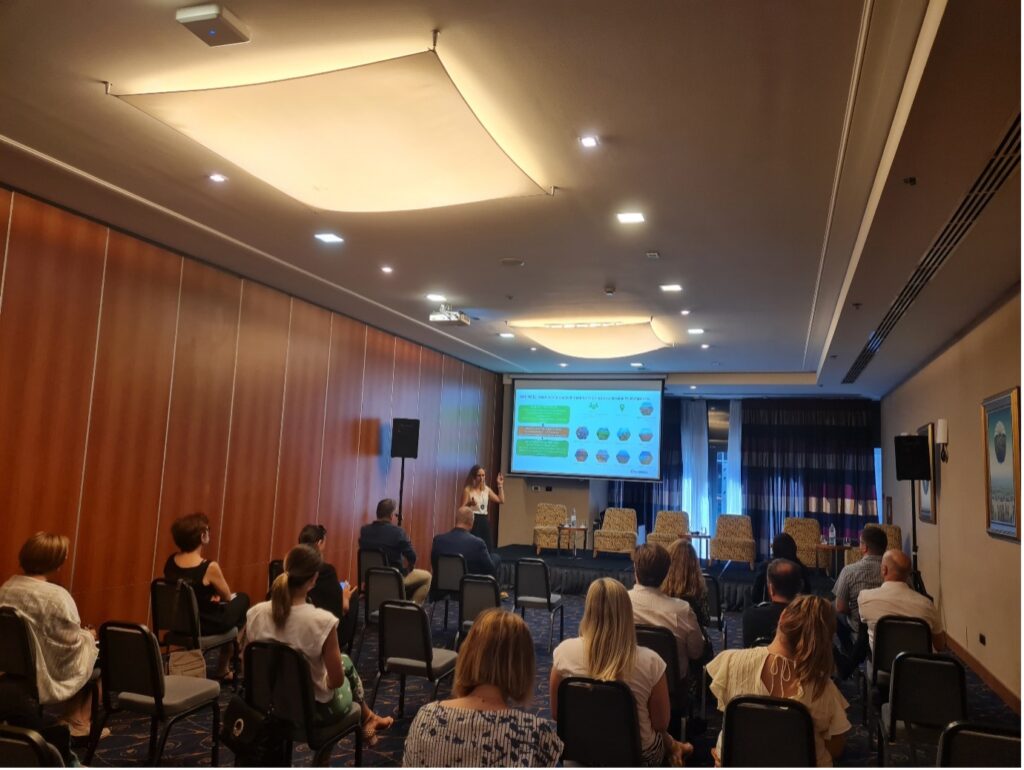
On the 30th of June 2022, the REGILIENCE team has brought together 26 key Croatian stakeholders, including representatives of the local and regional governments, national utility companies and ministries, to discuss climate change adaptation and resilience. The room was unanimous on several points including that we are witnesses to the effects of climate change on a daily basis and that if we wait with adaptation measures until disasters strike it will be too late. The time to act is now, and the key actors in this process are the local and regional governments and their stakeholders and communities. The impacts of climate change will be felt on all levels and will require the cooperation and coordination both vertically (across different levels of governance) and horizontally (across different sectors), however the implementation of the necessary actions will fall on the shoulders of our municipalities, cities and regions. We must all support them in this process, the climate emergency we are facing can’t be solved with top-down measures alone.
On a positive note, climate change as well as climate change adaptation and resilience are slowly but surely becoming a relevant topic of conversation across Croatia. Considerations of adaptation to climate impacts are a mandatory section of new projects funded by public money and more and more funds are being made available to adaptation and resilience project and not only for climate change mitigation. We do have a long way ahead of us, but we are at least moving in the right direction.
The general conclusions of the workshop can be summarised as:
- Climate change is happening, and we need to adapt to it now if we want to be resilient in the future.
- Funding is available and we must use it. It is necessary to support both project development as well as prepared actions to act short and long term.
- Climate change adaptation and resilience actions must be systemic and not just reactionary. We must prepare for and not just react to climate disasters.
- It is vital to act in a coordinated manor, funding, plans and actions need to be aligned and harmonised horizontally and vertically to maximise the impact of the utilized resources.
- We still need more capacity in terms of education and additional experts in key positions across the local, regional and national levels to achieve the targets we have set for ourselves.
- Municipalities, cities and regions as well as their supporting institutions such as energy, climate and/or development agencies are key for achieving success.
The workshop has been organised in Zagreb, Croatia in the framework of the REGILIENCE project by REGEA and IEECP and supported by the REGILIENCE consortium.
The workshop has been held in Croatian with the following agenda:
